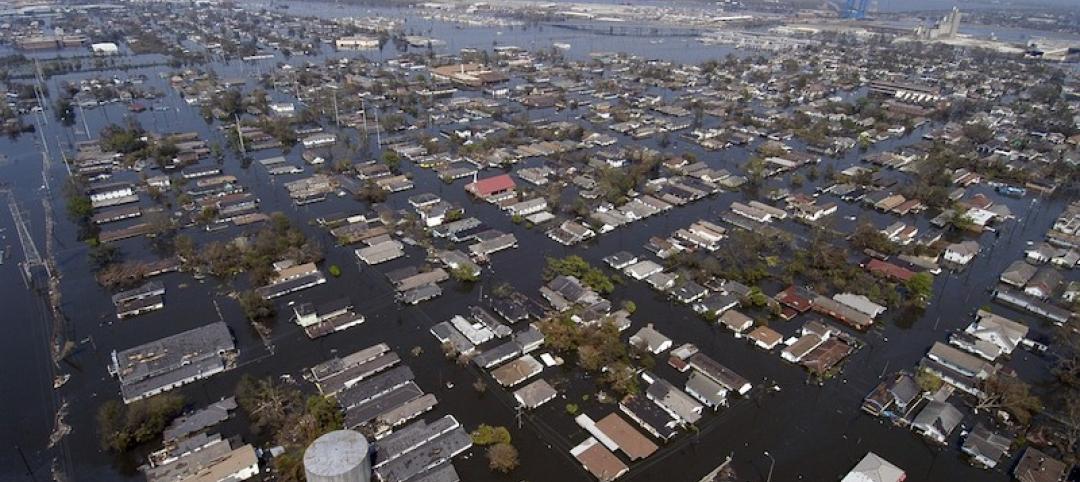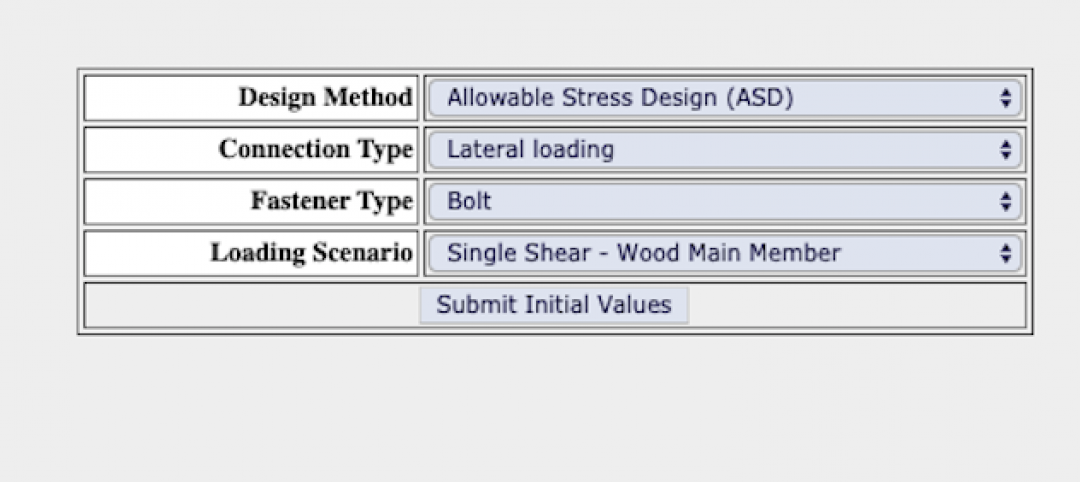A new report by the Union of Concerned Scientists (UCS) pinpoints portions of the U.S. at greatest risk of declining residential and commercial property values, and diminished city and county tax revenue due to flooding attributed to sea level rise.
The areas impacted face worse high tide flooding due to the effects of climate change, UCS says. The findings are the result of peer-reviewed analysis that used ZIP-code-by-ZIP-code data from Zillow Property Data.
The states found to be most at risk of flooding from rising seas are: Delaware, Georgia, Louisiana, Maryland, Massachusetts, New Jersey, New York, North Carolina, South Carolina, Texas, and Virginia. As much as 70% of some municipalities’ property tax bases could be at risk.
The analysis also provides risk assessment according to:
— Number of homes and commercial properties (by state and zip code).
— Current values of properties.
— The amount of money the properties contribute in annual property taxes, which fund schools, roads, and emergency services.
— How many properties could be spared if warming is limited to below 2 degrees Celsius.
— Near- and long-term impact projections, including within the next 30 years.
— Identification of areas where coastal property owners might experience recurring flooding so severe it limits their ability to live or work in these properties.
Related Stories
Codes and Standards | Oct 8, 2019
Zero Carbon Buildings for All aims for ambitious emission reduction targets
Organization makes commitment to net zero carbon for all buildings by 2050.
Codes and Standards | Oct 7, 2019
Tailgating remains a critical building security threat, say security professionals
Few buildings provide beefed up provisions to counteract threat.
Codes and Standards | Oct 7, 2019
New seismic standard to evaluate, retrofit existing structural steel buildings open for review
AISC seeks input through Nov. 4.
Codes and Standards | Sep 27, 2019
Open source tool allows comparison of embodied carbon emissions from construction materials
Enables carbon-smart choices during material specification and procurement.
Codes and Standards | Sep 27, 2019
AIA declaration: Climate change requires ‘holistic approach’
Must address interdependencies among people, buildings, infrastructure, and the environment.
Codes and Standards | Sep 26, 2019
San Jose’s new building energy code is the most stringent among large cities
New regulations aim to make zero-emission electric buildings the norm.
Codes and Standards | Sep 26, 2019
Building support for climate action depends on linking it to health, economic benefits
USGBC report finds most people don’t think environmental problems significant enough to prioritize action.
Codes and Standards | Sep 20, 2019
OSHA has a new chief for its construction directorate
Former Army medical staffer Scott Ketcham has extensive OSHA experience.
Codes and Standards | Sep 20, 2019
American Wood Council updates free Connection Calculator
Tool includes cross-laminated timber connection provisions and post-frame ring shank nails.
Codes and Standards | Sep 19, 2019
Virtual reconnaissance of Bahamas finds some structures performed well during Dorian
Amid devastation, lives likely saved by resilient buildings.

















